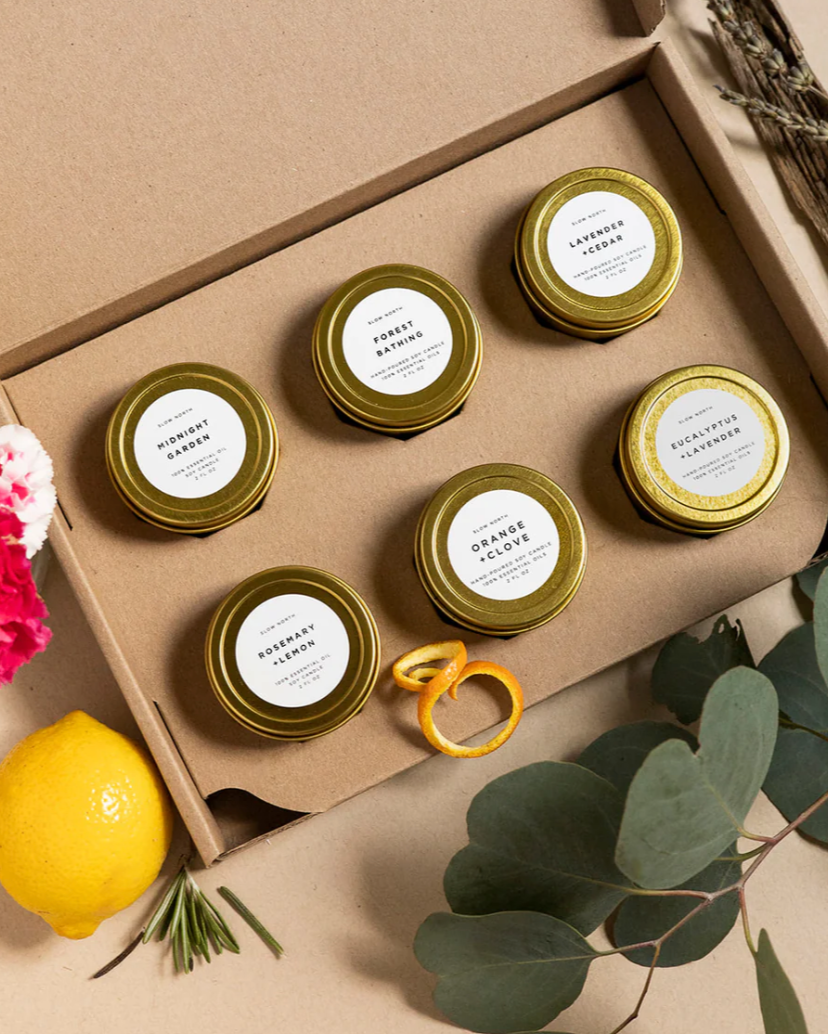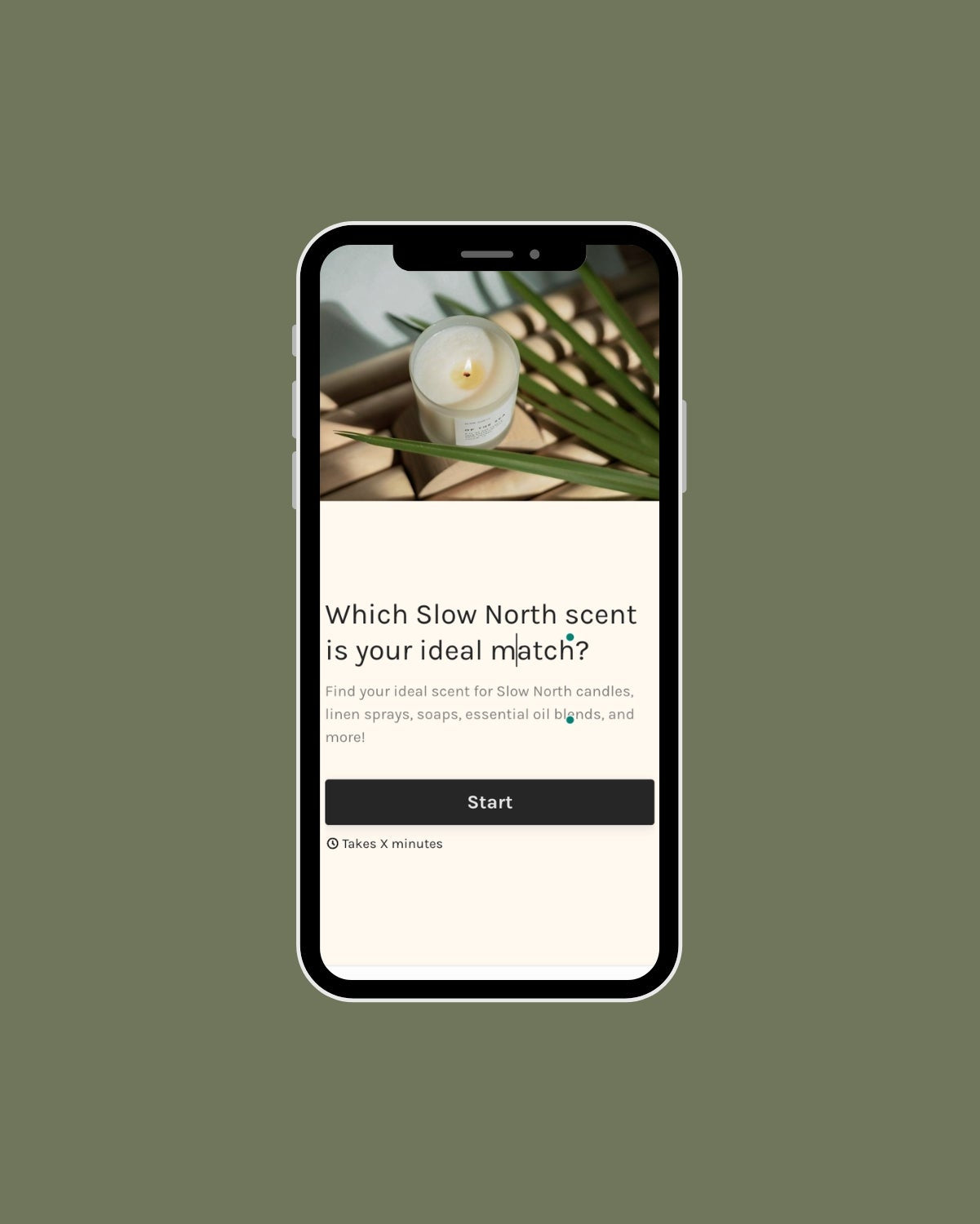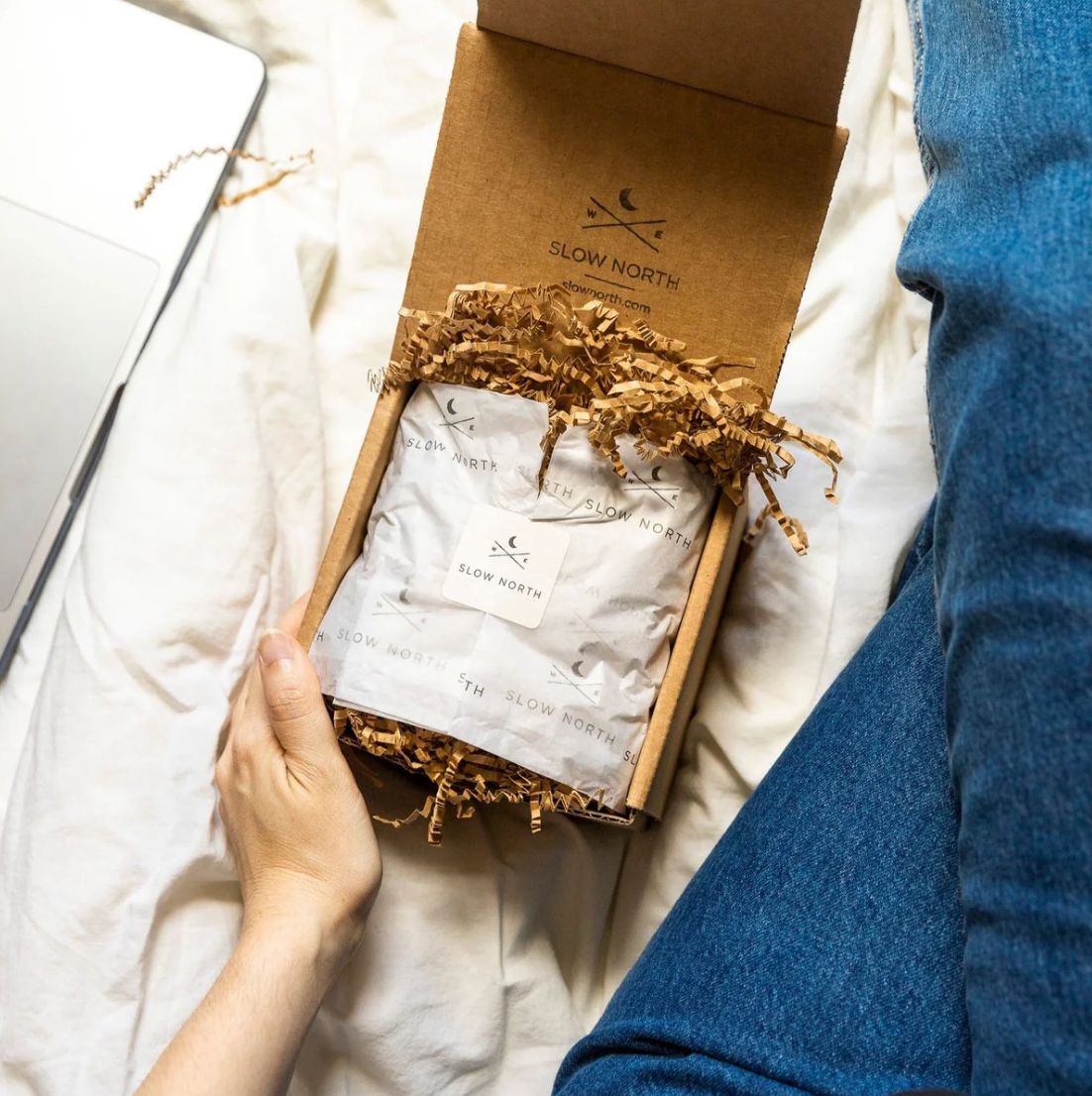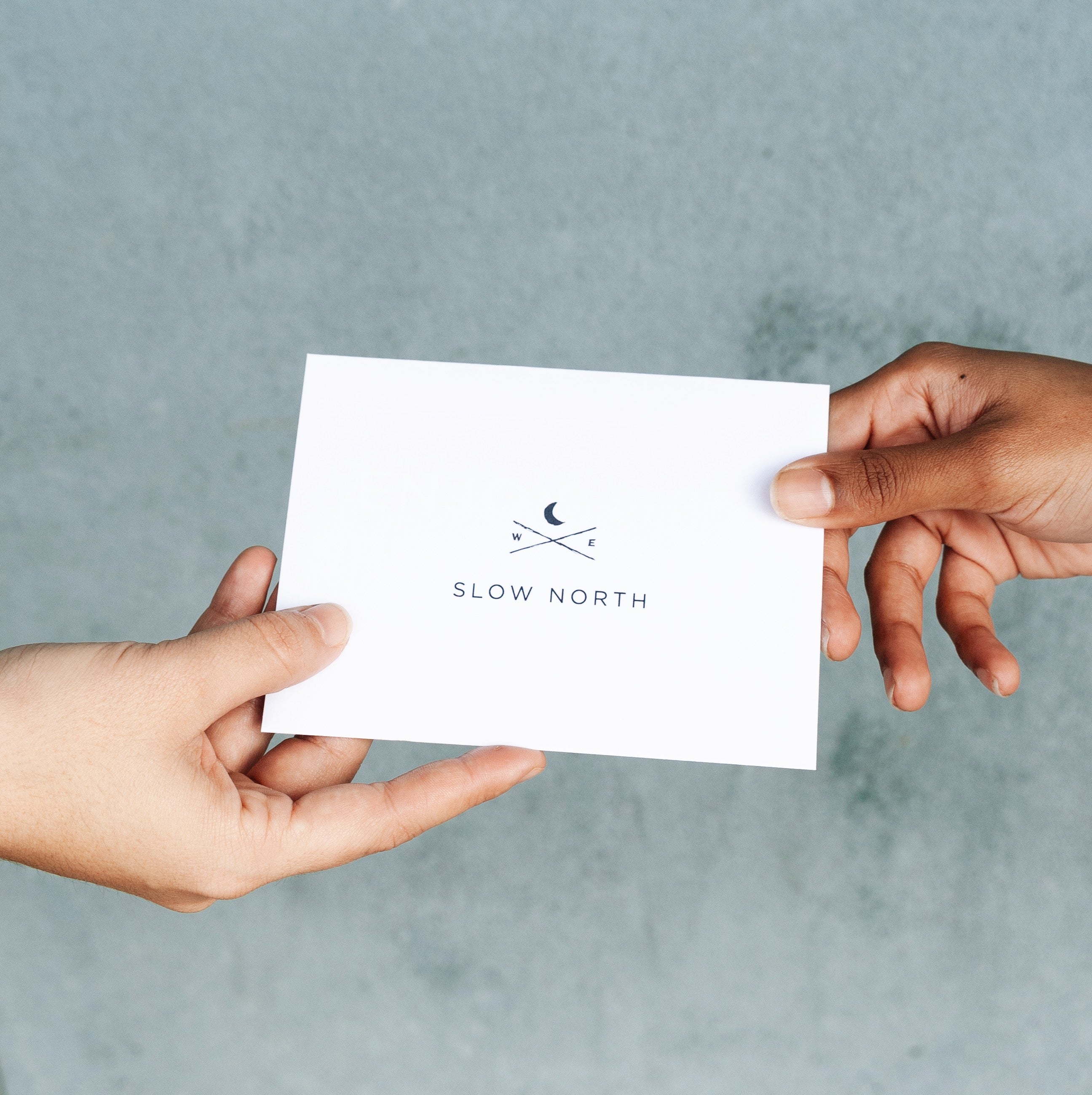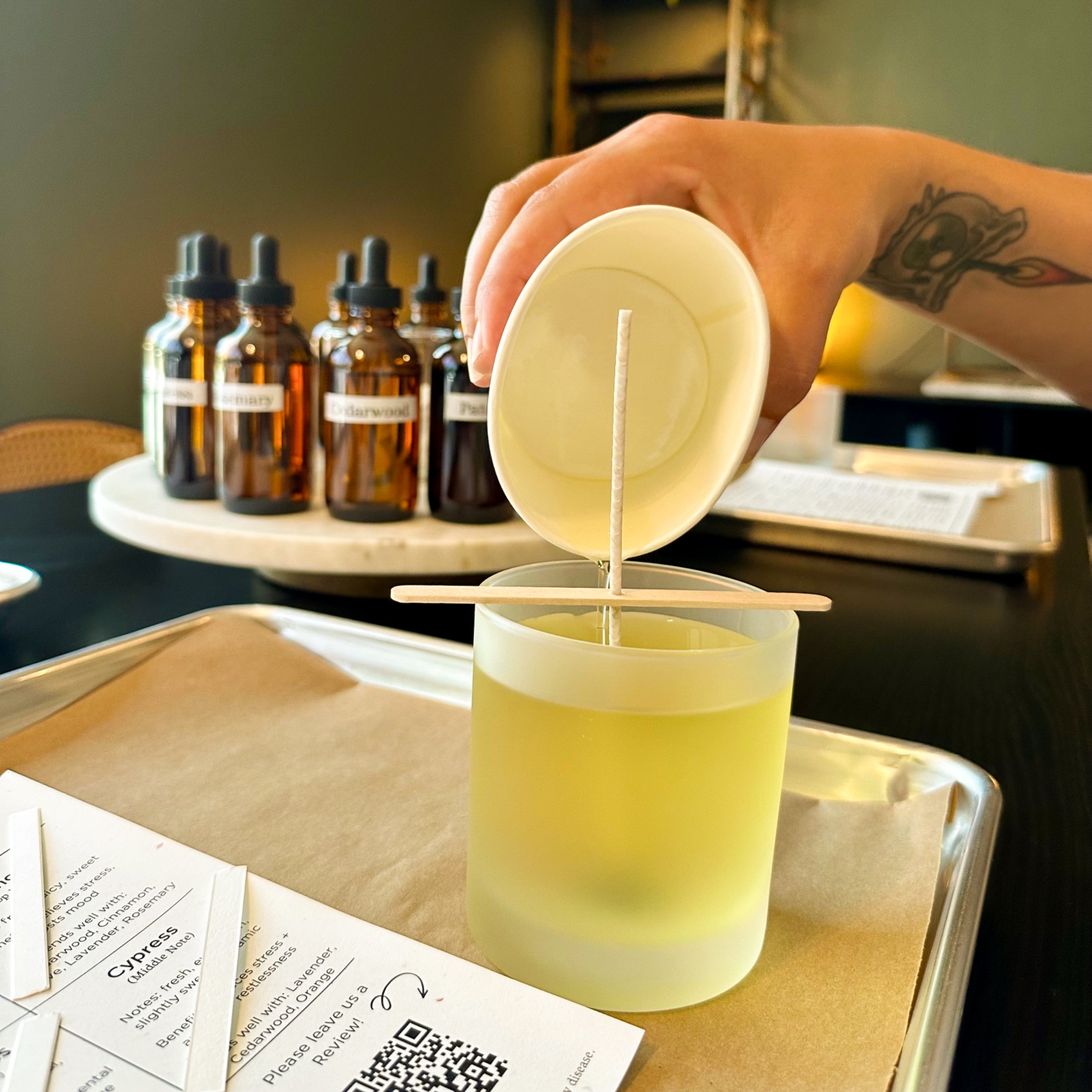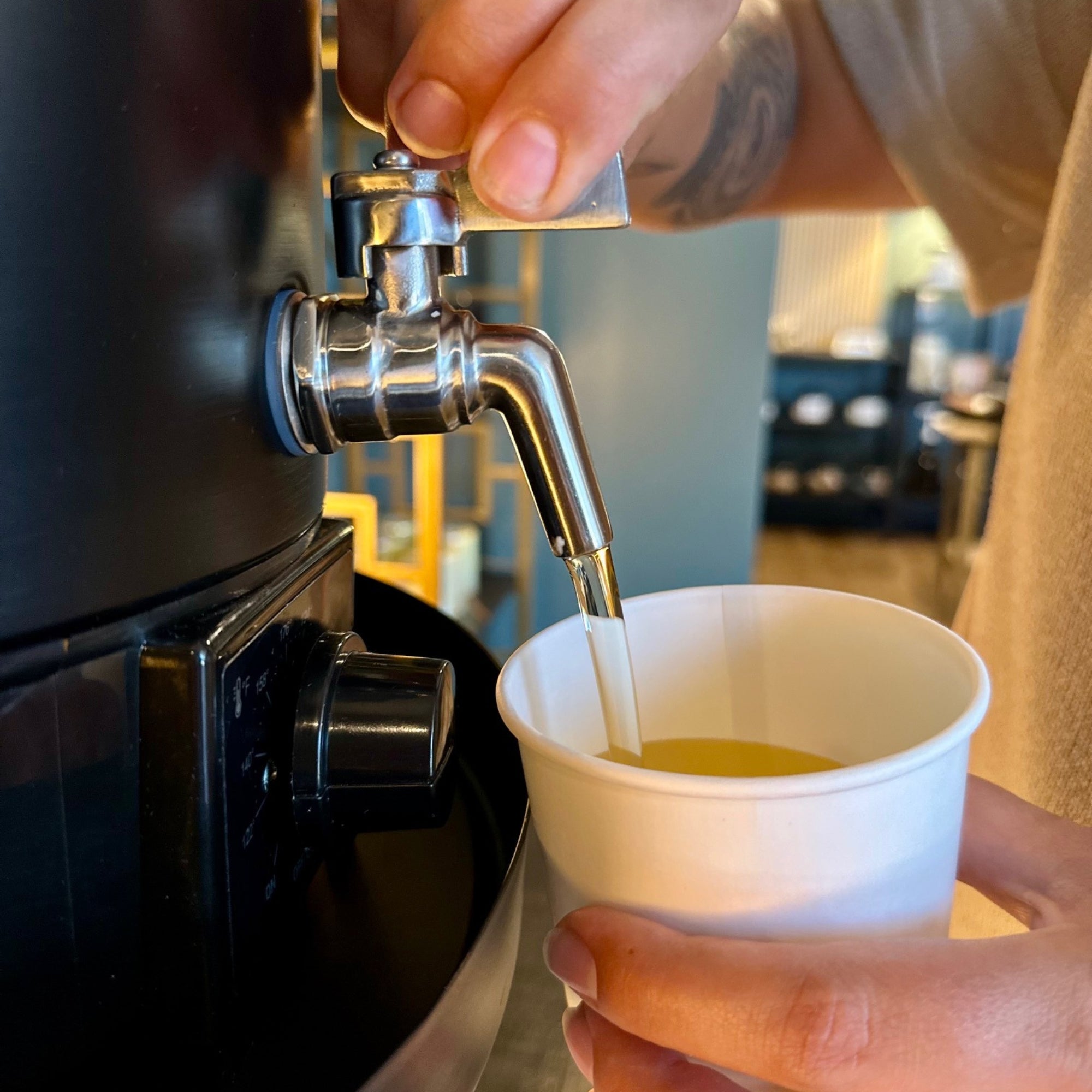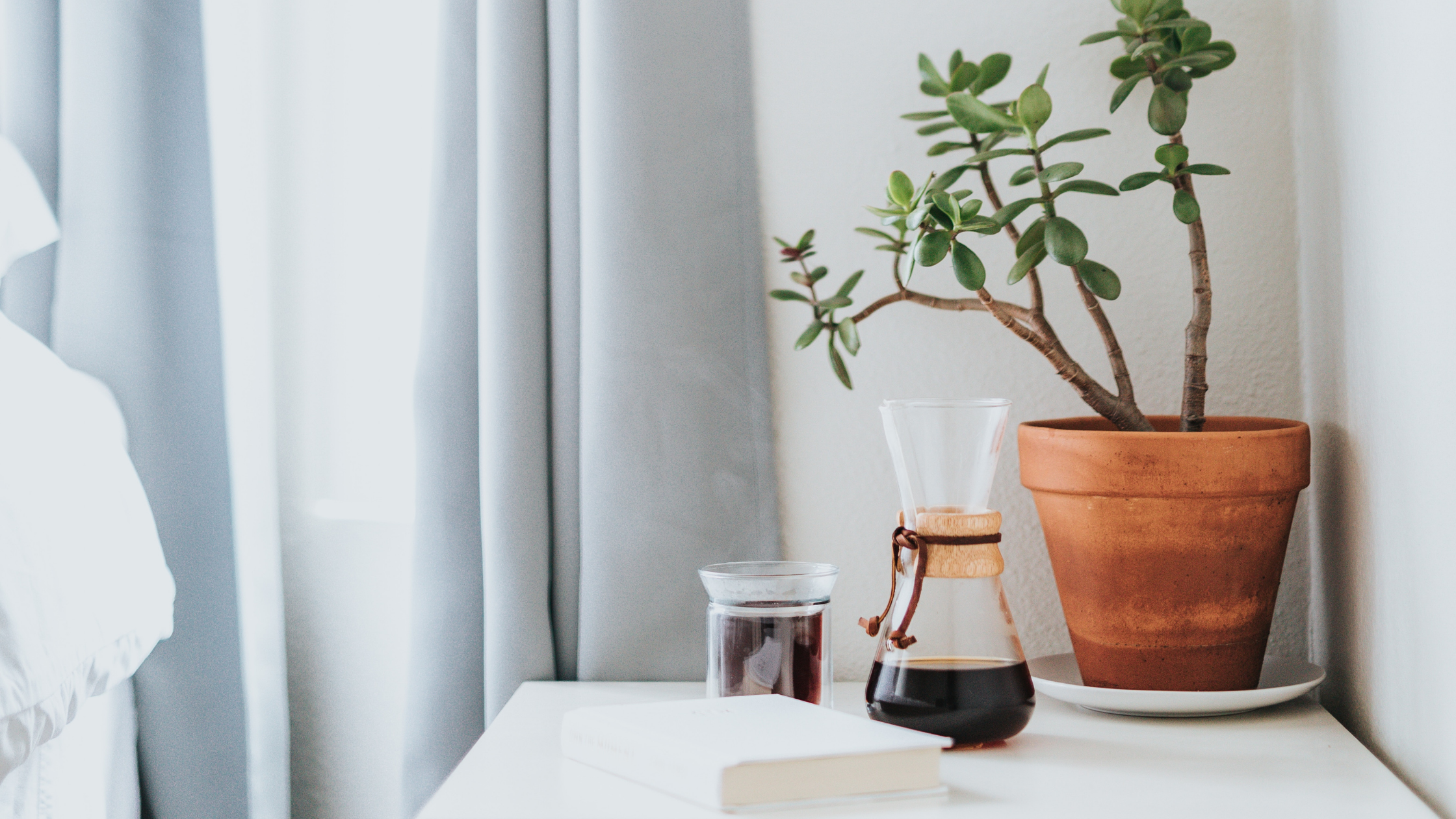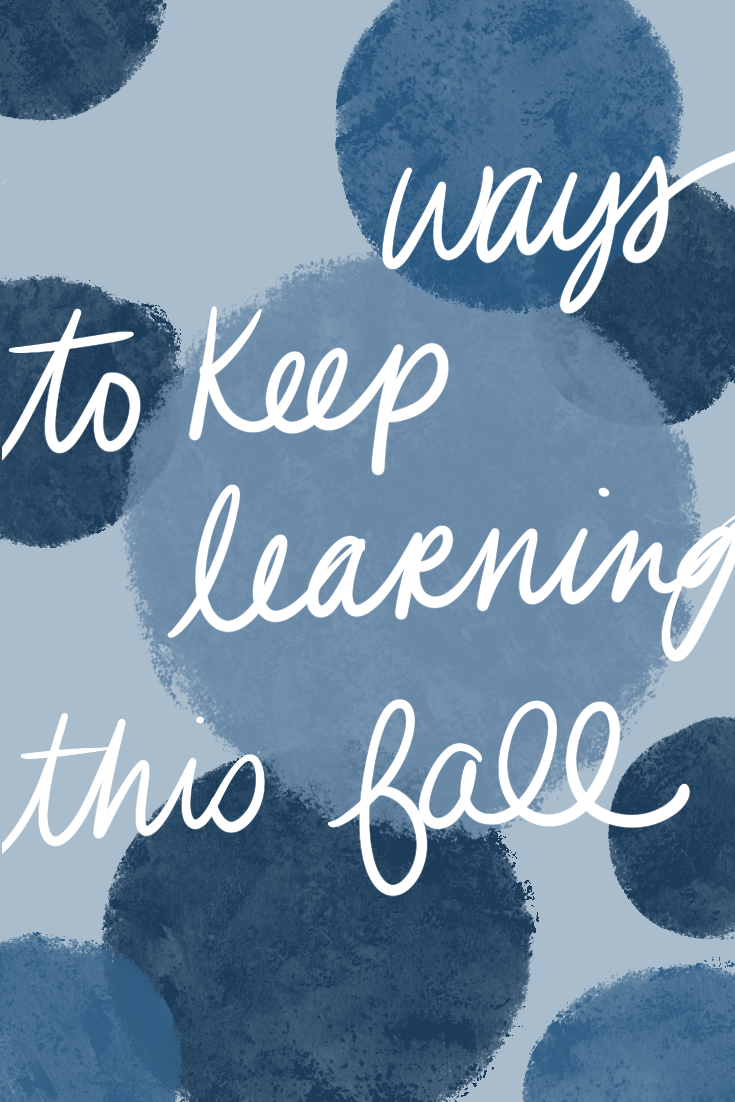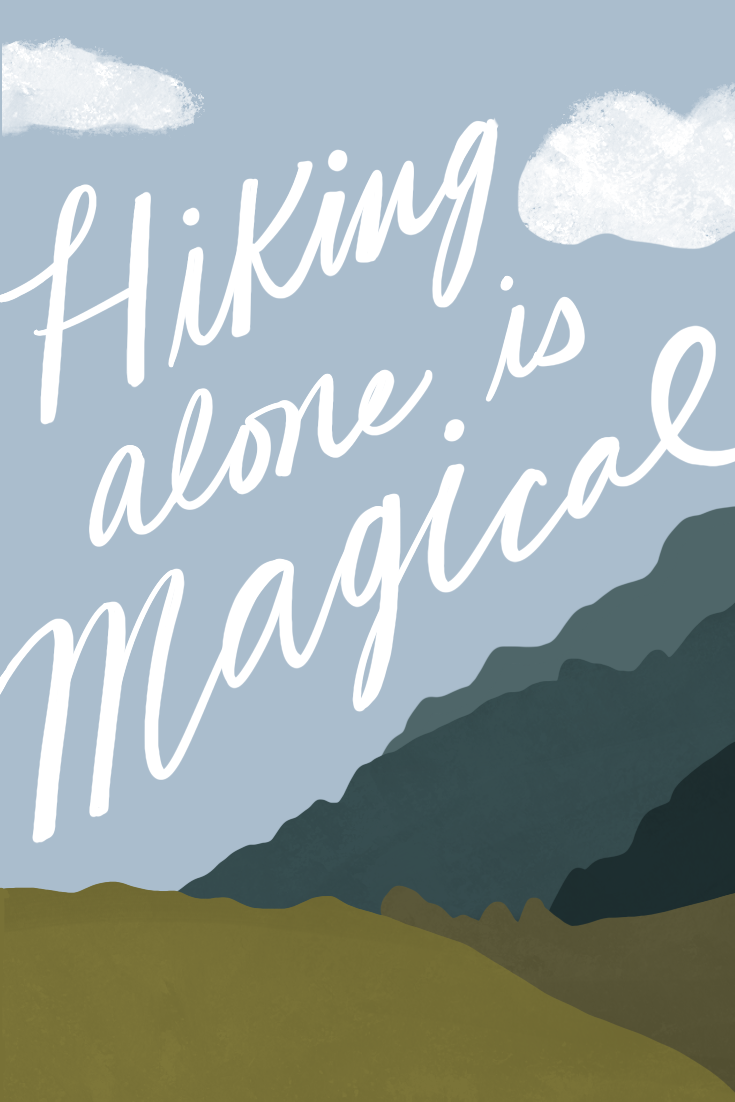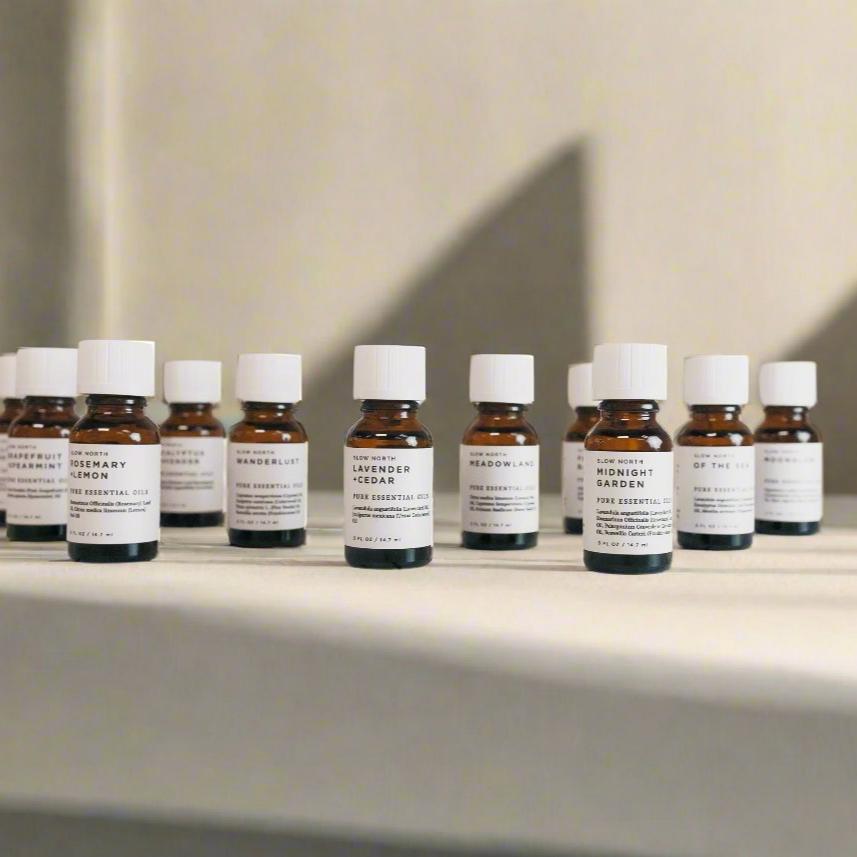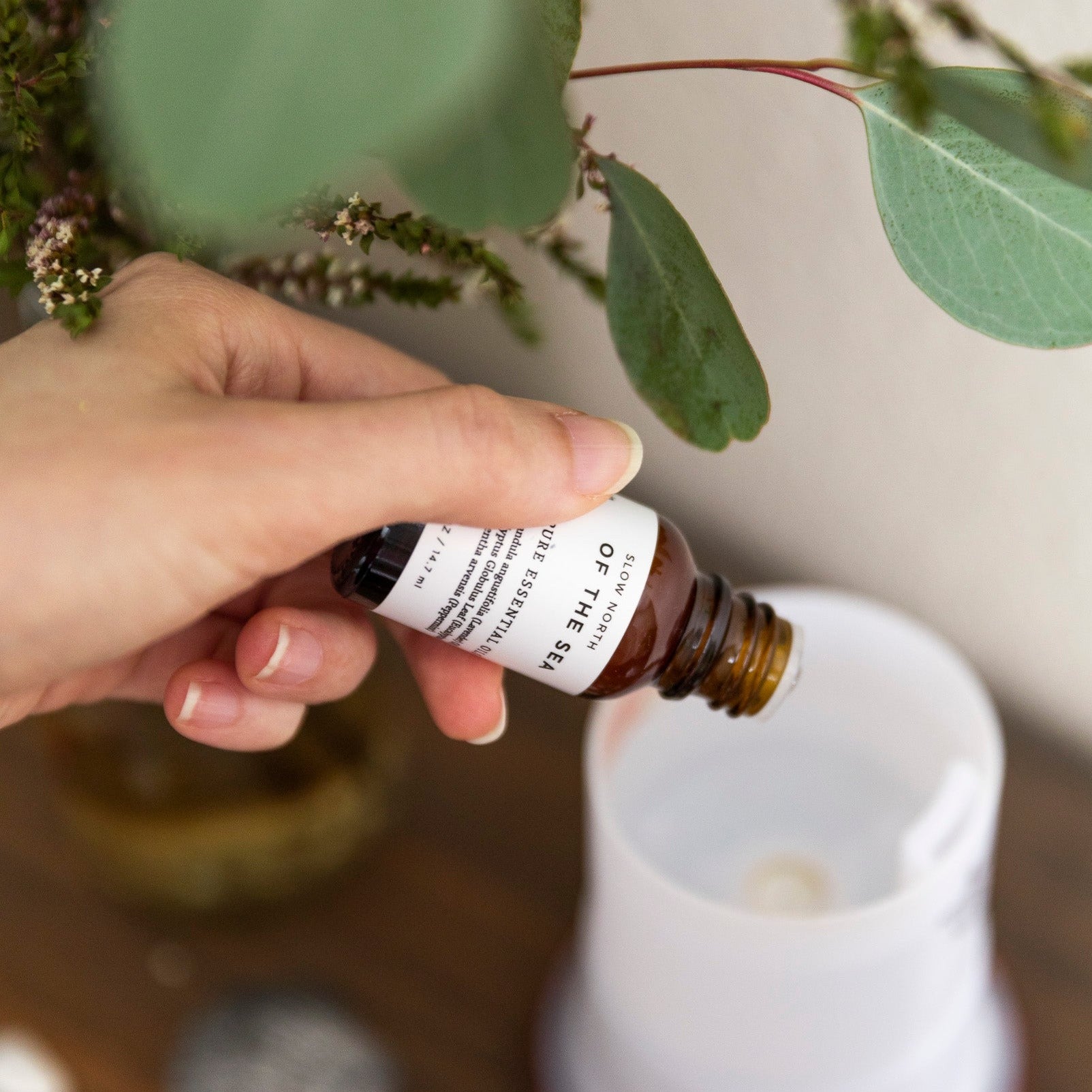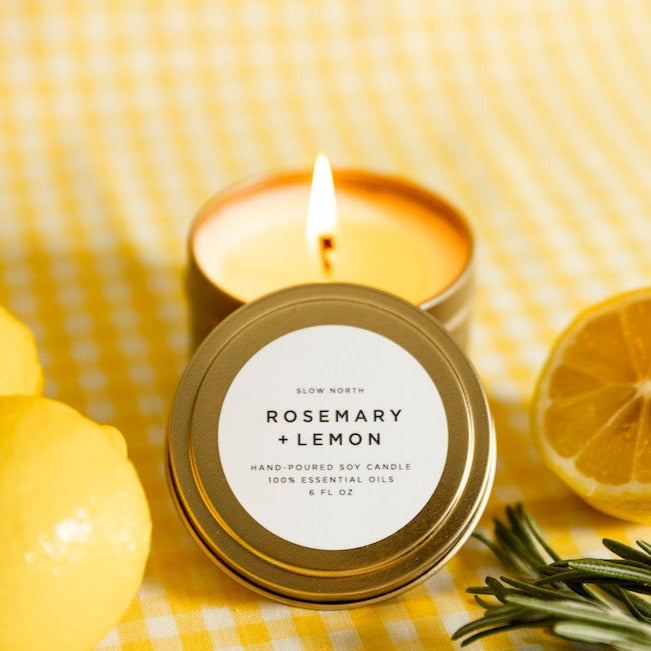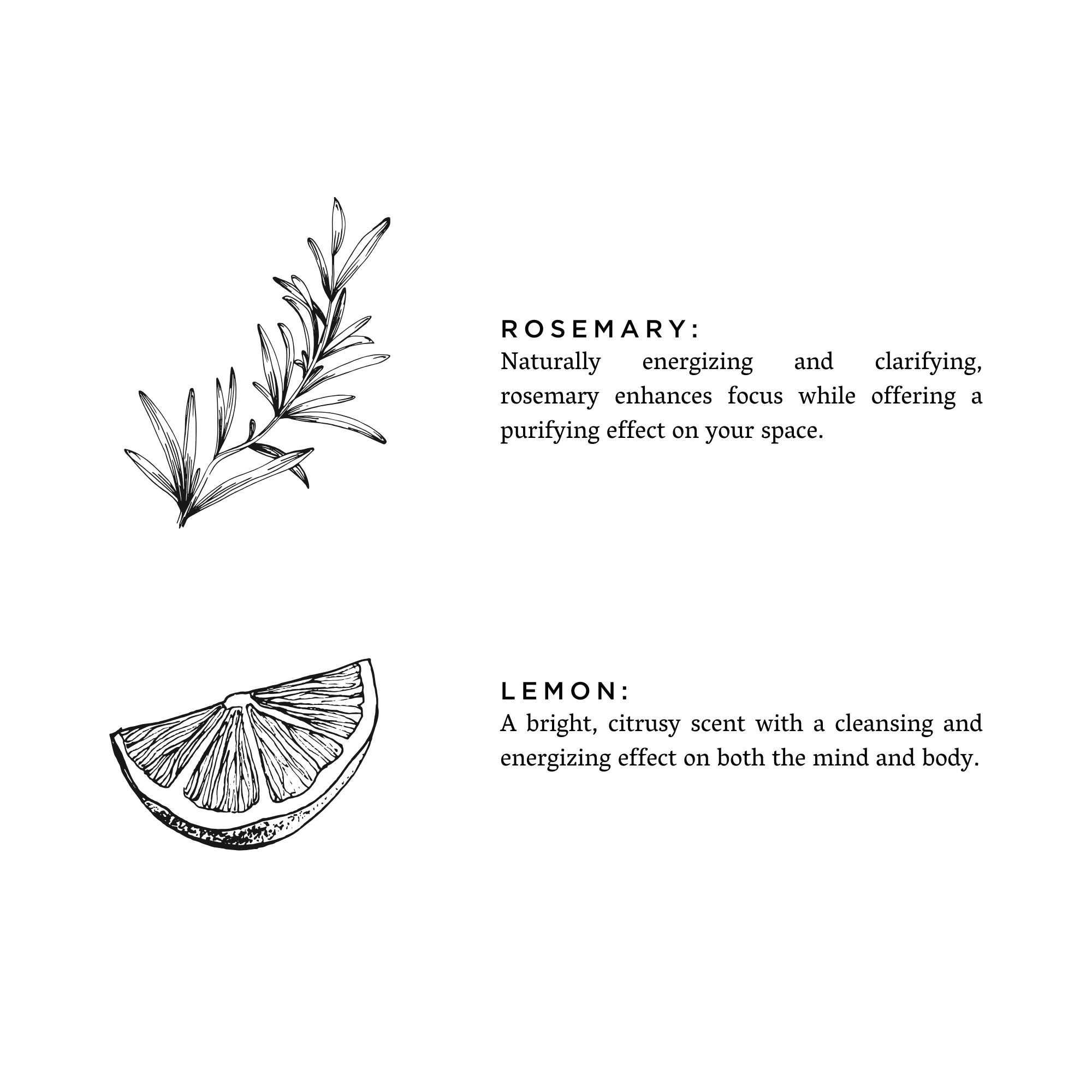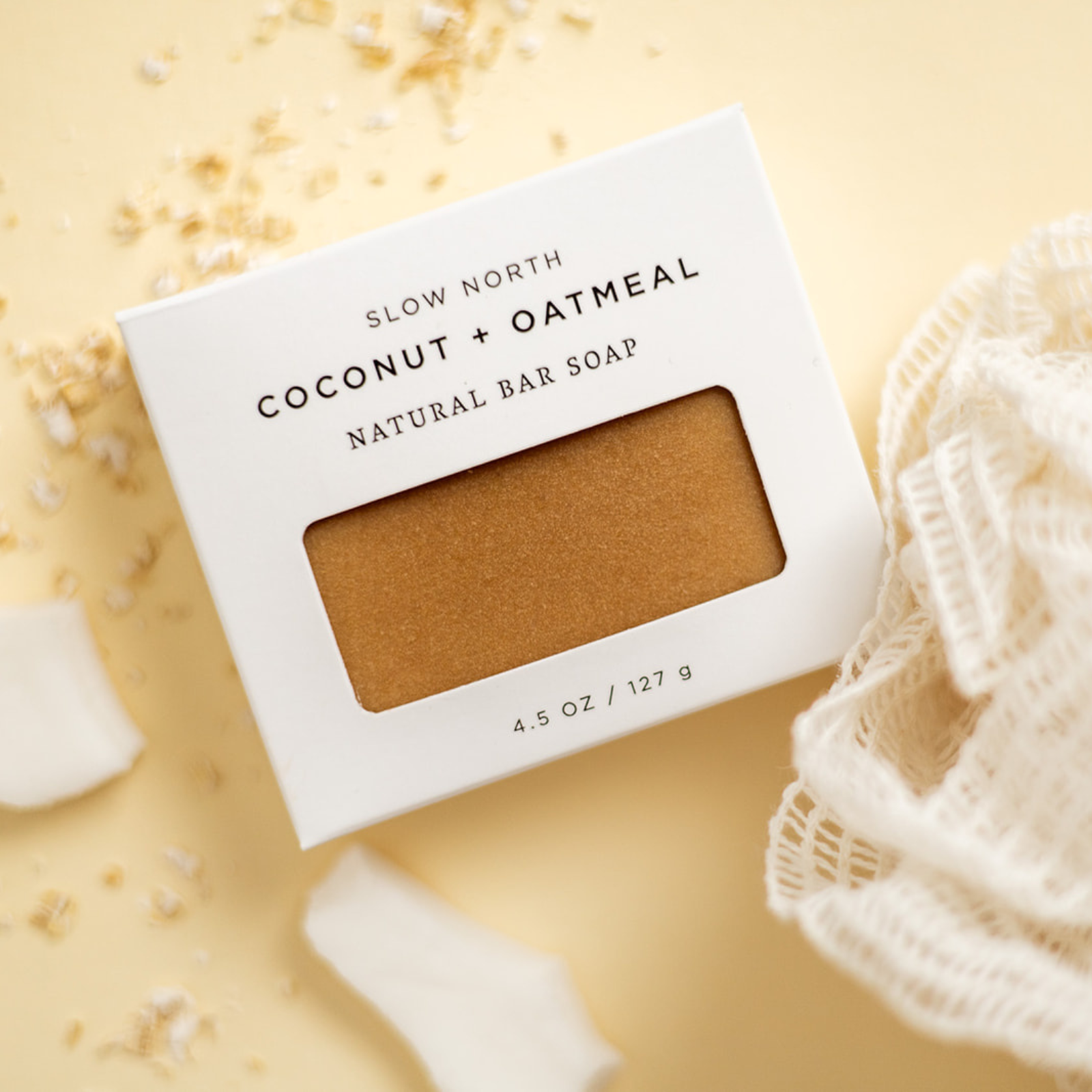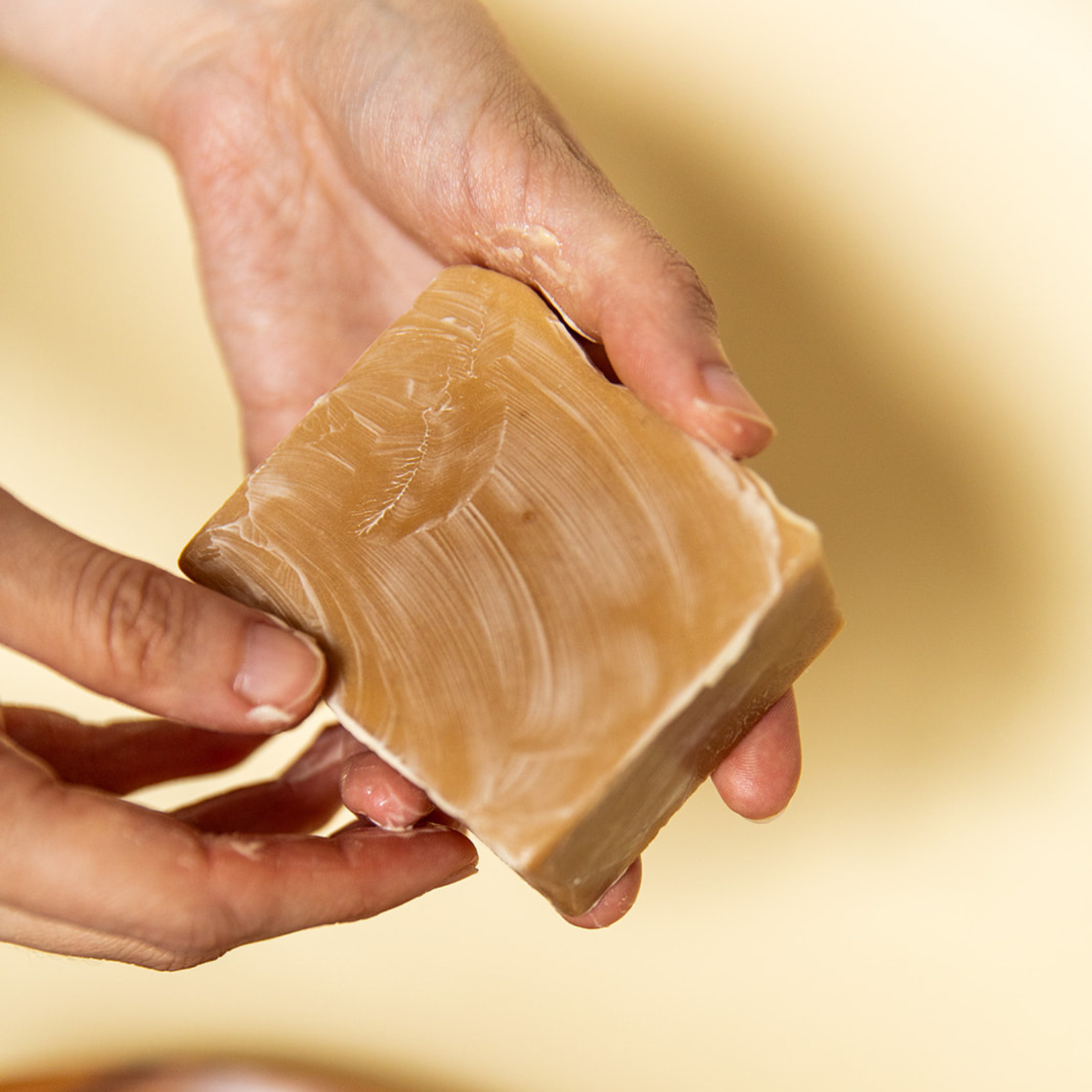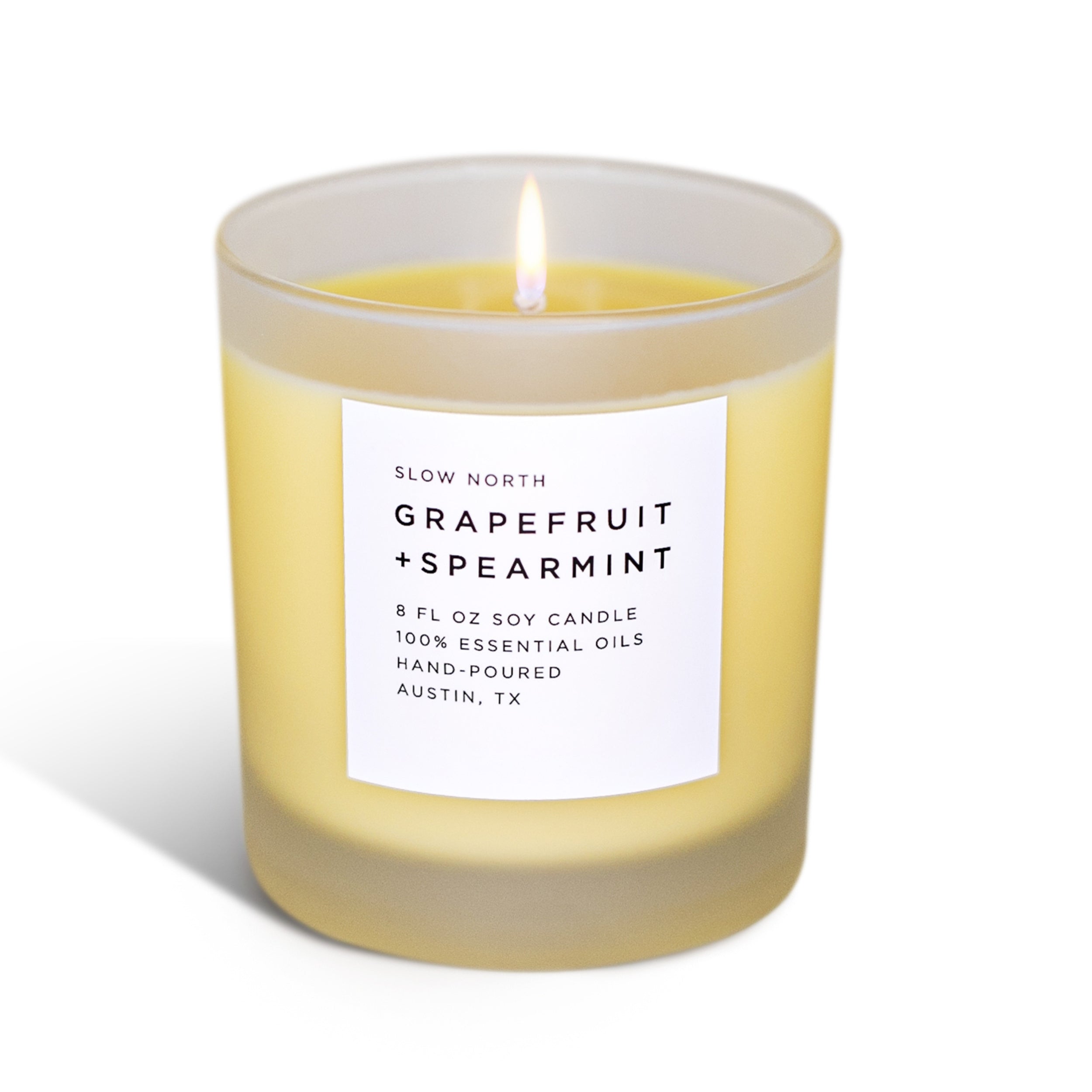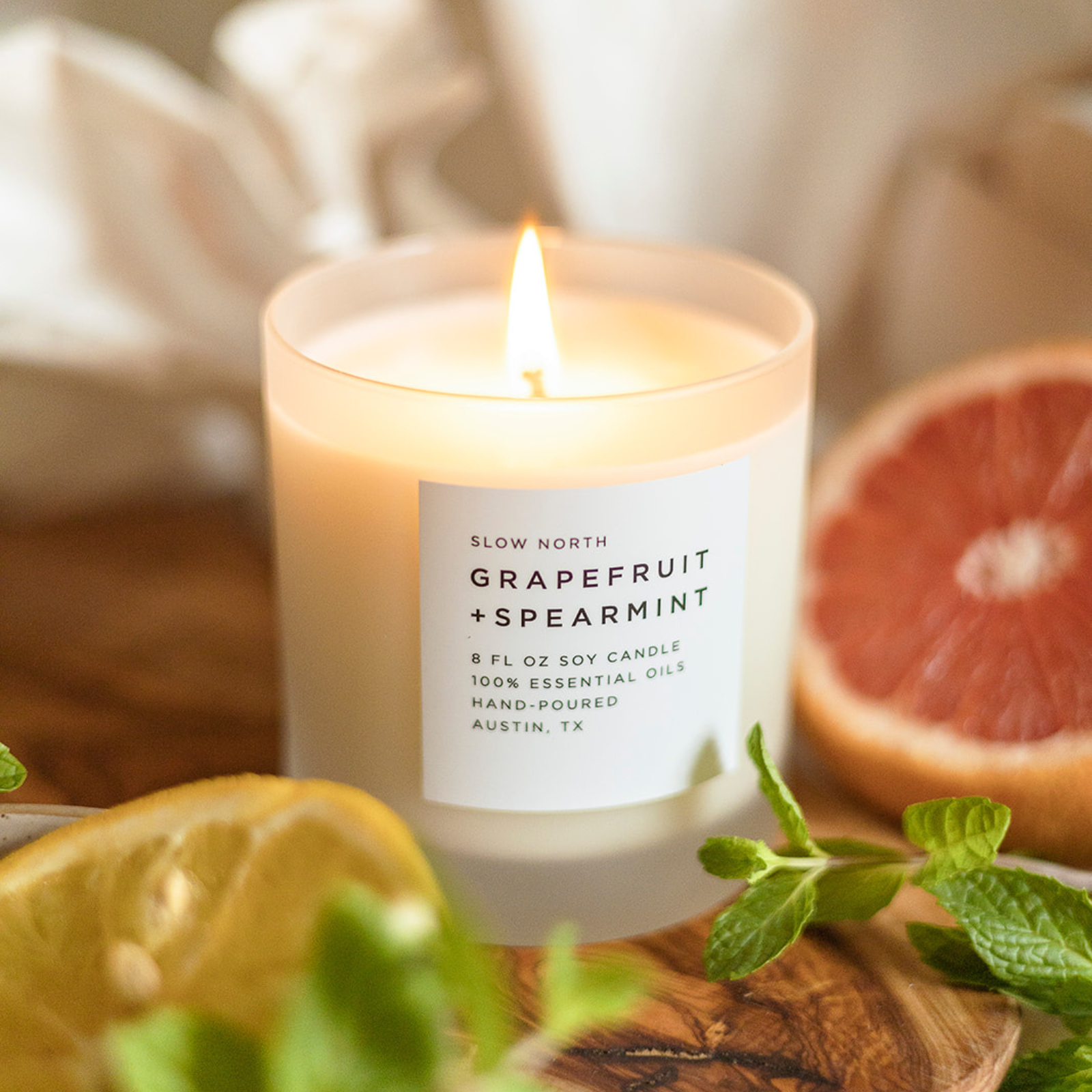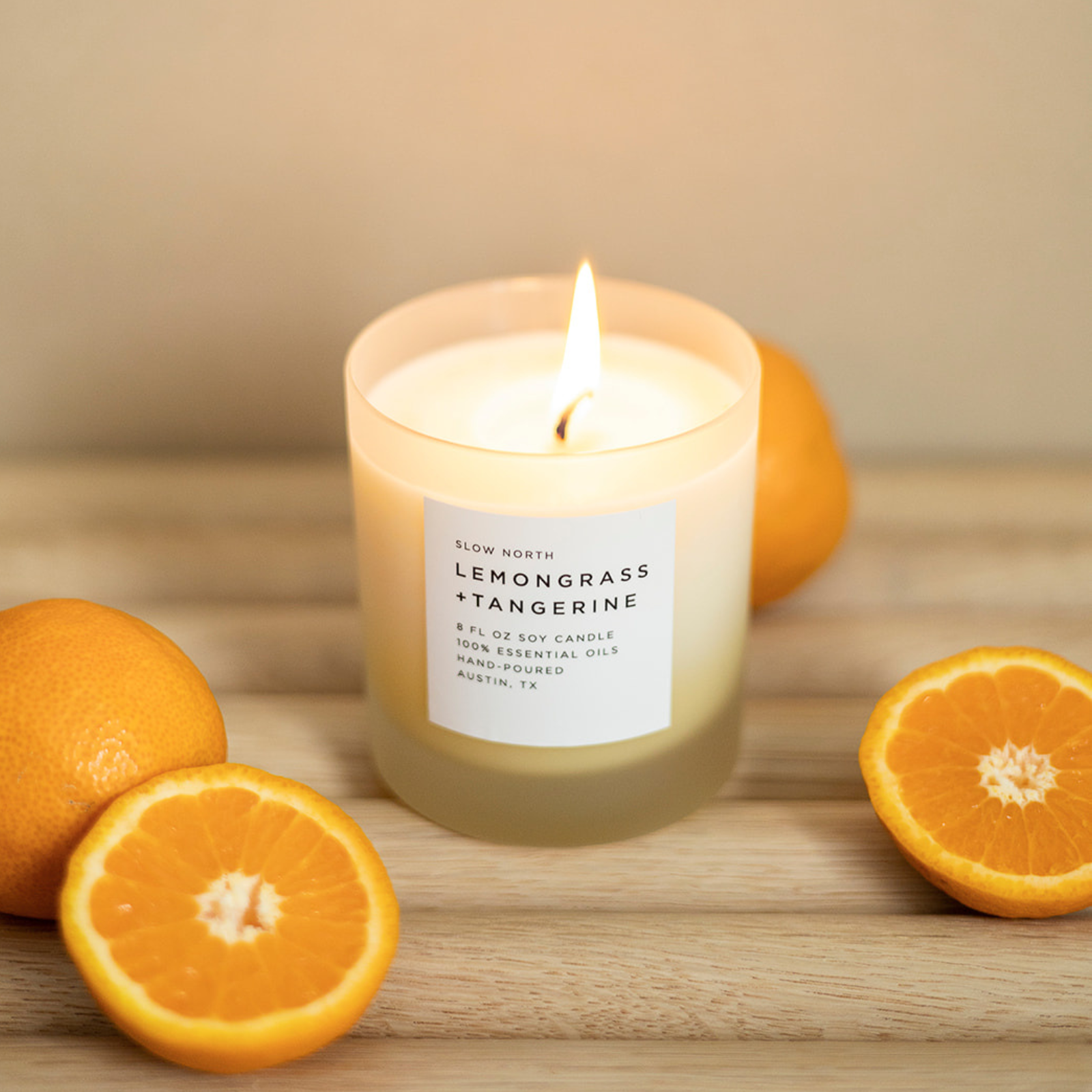Coffee is a simple pleasure. Sometimes all it takes is just the smell to get our senses stimulated and our minds ready to take on the day.
It’s also one of the most widely traded commodities in the world. But unfortunately, the huge demand for coffee worldwide has allowed for some pretty unsustainable practices within the industry.
The way coffee is grown, sold, and consumed all has an impact on the environment and the people in it. But that doesn’t mean you have to kick your caffeine habit to the curb. As conscious consumers, we’re able to minimize that impact by investing our dollars in coffee that was grown sustainably and sold fairly. Here are a few tips for enjoying coffee while minimizing harm on both people and planet:  Photo by Zan
Photo by Zan
1. Buy organic
Conventional coffee is sprayed with toxic chemicals, including synthetic fertilizers, pesticides, herbicides, fungicides, and insecticides. Yeah — pretty gross, right? Coffee is actually one of the most heavily chemically-treated crops in the world. And because it’s so absorbent, it soaks in and retains all of that harmful chemical residue. These chemicals not only wreak havoc on our bodies when ingested, but also the environments and communities in which coffee is grown. Organic beans are grown without synthetic toxins, ensuring the health of the soil, forest, farmers, and consumers.
2. Look out for fair trade beans
Fair trade products are certified to have been produced according to rigorous social, environmental, and economic standards. Buying fair trade certified coffee ensures that the farmers growing those beans are compensated fairly and work in safe conditions. What’s more, for every fair trade certified product sold, the producer earns an additional amount to spur economic growth in their local community. Fair trade also encourages transparency in supply chains, which ultimately provides traceability and credibility for businesses.
 Photo by Goran Ivos
Photo by Goran Ivos
3. Say no to plastic to-go cups
Even if you’re drinking fair trade, organic coffee, drinking it from a plastic cup only adds to the world’s plastic problem. So try a reusable tumbler instead, or support businesses that offer coffee to go in compostable or biodegradable cups.
David Leclerc, co-founder of Los Angeles-based organic and fair trade roastery Earth Bean Coffee, said that compostable cups are a better alternative to recyclable ones, despite the fact that they need to be taken to a special composting facility in order to break down right away. “They’re better than the recyclable plastic, because in a few hundred years, they dissolve,” he said, versus plastic cups, which leak toxic chemicals into the ground for thousands of years.
 Photo by Kayla Phaneuf
Photo by Kayla Phaneuf
4. Compost the grounds after you’re done
Coffee grounds inject a healthy dose of nitrogen into your compost, which is one of the key ingredients microbes need to break down matter in the soil. Better yet, if you don’t have a composting bin, you can put coffee grounds directly into the earth. The grounds are a great source of organic matter, which attracts earthworms and improves drainage, water retention, and aerition — all around leading to a greener, healthier Earth!
Fair trade and organic coffee might seem like it’s a luxury commodity, but it’s actually widely available throughout the United States. Plenty of roasters sell beans online, and you can also buy certain brands in grocery stores and at your local cafes. Check out some of these fair trade, organic roasters from around the country:
Third Coast Coffee: serving fair trade and organic coffee in Austin, Texas.
Earth Bean Coffee: available online or at the cafe in Los Angeles, California.
Conscious Coffee: available online and in stores and cafes in Colorado.
Rise Up Coffee: available online and in stores and cafes in Maryland.
Higher Ground Roasters: available online and in stores and cafes in Alabama.

Cecilia Seiter
Cecilia is a freelance writer and contributor to Slow North. She writes largely about sustainability, especially as it applies to beauty, wellness, and the future of technology. She is a graduate of the journalism department at Cal Poly, San Luis Obispo and is based in Los Angeles, CA.

